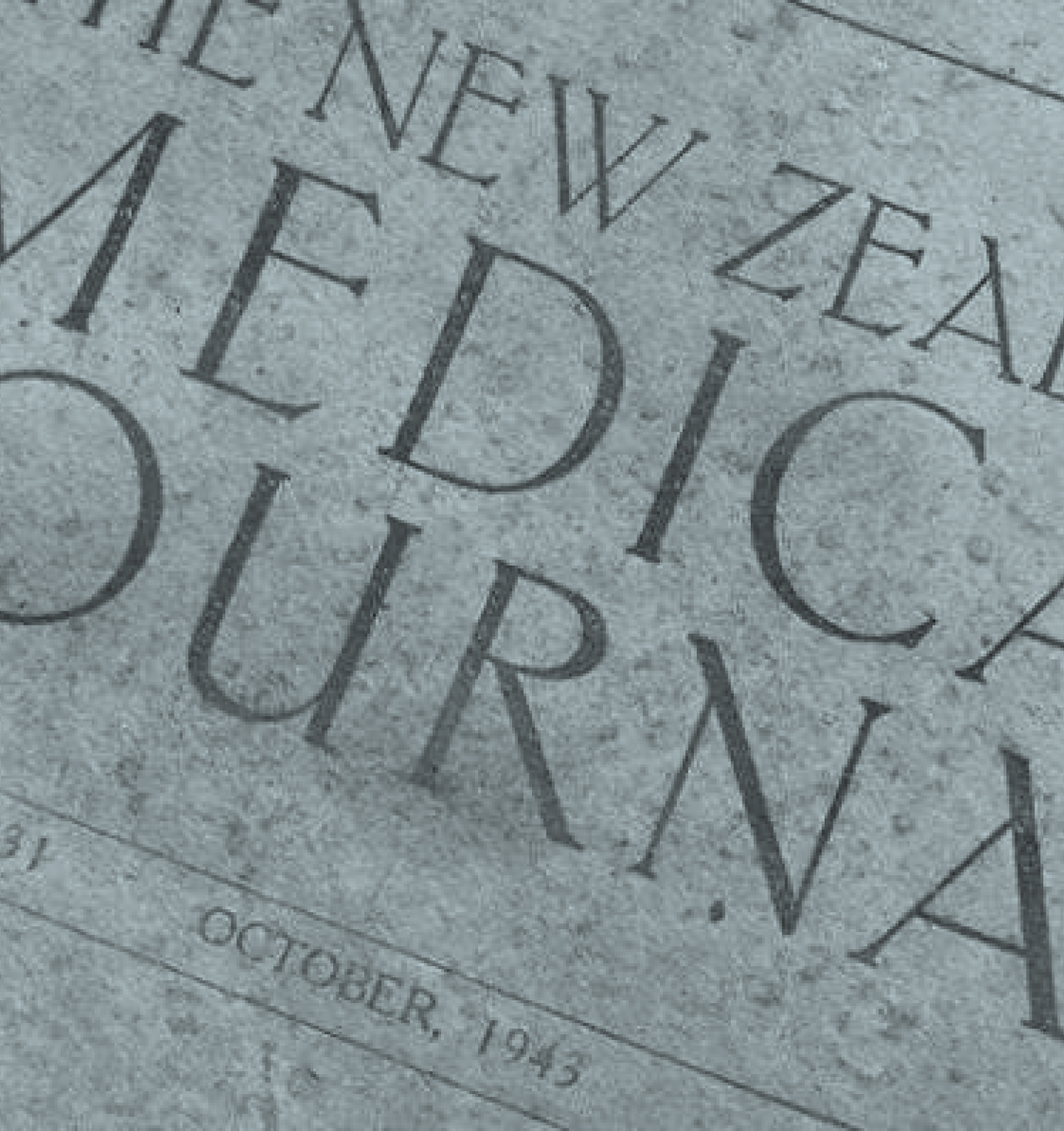OBITUARY
Vol. 125 No. 1349 |
John Butler MacGibbon
Full article available to subscribers
Born Christchurch NZ 24 November 1921; died Baltimore US 24 December 2011A much-loved Christchurch doctor, who lived for more than 60 years in Baltimore, Maryland, in the United States, where he practised and lectured in medicine, died on Christmas Eve, 2011. Dr John MacGibbon was 90. He died from the effects of a stroke and a fall. His ashes were to be scattered off the coast of his home town, Christchurch, where he was born and grew up. MacGibbon was the eldest of four siblings in a prominent sporting family. His late brother, Tony, represented New Zealand at cricket, as a fast bowler. His late sister, Jean, was a New Zealand women's tennis champion. His parents encouraged the children to be achievers. For MacGibbon, who was not a notable sportsman, this meant applying his considerable academic ability to the study of medicine. From Fendalton Primary School, he won a scholarship to Christ's College. He then attended the University of Otago Medical School at Dunedin, where he graduated in 1948. Two years later, he won a Fulbright Scholarship, which took him to the US. He felt a strong attraction to Baltimore and settled there. MacGibbon was a specialist in internal medicine and infectious diseases. He served in the US Navy in the 1950s as a medical officer with the rank of Lieutenant Commander. He was a keen sailor and enjoyed regular yachting excursions at Annapolis, on Chesapeake Bay. His early medical career in Baltimore was spent at Wyman Park, where he provided outpatient and inpatient medical care for the crews of ships which used the Baltimore harbour when this was a very active port. In 1982, the Wyman Park facility was closed and MacGibbon moved his practice to the nearby Church Home Hospital. MacGibbon was a legendary figure to those who knew him at this time. His knowledge of infectious diseases was extraordinary and a great asset in the medical care of shipping crews from around the world, most of whom were poor and had no health insurance. He was a gifted linguist, with the mastery of several languages and the ability to converse in several more. His ease of learning languages assisted him in his profession as he treated sailors of many cultures. He was able to discuss with sailors the basic questions pertaining to their health issues, in their own languages. The Baltimore port had a marked reduction in activity in the late 20th Century, and Church Home Hospital was closed in 2000. MacGibbon then provided general medical care in the city, with a special interest in his speciality of infectious diseases. He was also a noted medical educationist. He was awarded a post-doctoral fellowship at Johns Hopkins University School of Medicine from 1954 to 1957 and was an instructor on the faculty of the Department of Medicine from 1960 to 2007. He regularly attended the weekly infectious disease conference. Colleagues say he was an exemplary physician, who was adored by his patients. He was a quiet, modest man considered by his peers to be a brilliant doctor. MacGibbon remained passionate about anything relating to his home country. This was reflected in his never having relinquished his New Zealand passport in favour of a US one. He travelled widely and visited New Zealand regularly. He made his last trip here last February, at the age of 89. He arrived in Christchurch on February 22, just one hour before the magnitude-6.3 earthquake struck. MacGibbon was a renaissance man, an avid reader and an accomplished watercolour painter. He enjoyed a wide range of music and loved the cinema, particularly art-house movies and comedies. He was an excellent cook and from his travels developed a taste for ethnic cuisines. He rode a motorcycle well into his later years. He was a philanthropist, donating regularly and generously to a range of charities. He maintained close links with the University of Otago through the branch of its alumni in Baltimore. MacGibbon never married, but devoted his life to his profession. Even after his retirement, he kept abreast of the latest developments in medicine through reading professional journals, researching online and attending lectures and seminars. He served as a member of the Baltimore City Medical Society board of directors and MedChi, the Maryland State Medical Society, for nearly 60 years. Through his deep involvement, he was interwoven into the fabric of Baltimore, its waterfront community and Johns Hopkins University. He remained close to his wider family and is sadly missed by his five nieces and two nephews, as well as many friends, colleagues and patients. This obituary entitled Brilliant doctor found success in Baltimore originally appeared in The Press newspaper (Christchurch) and was written by Mike Crean.
